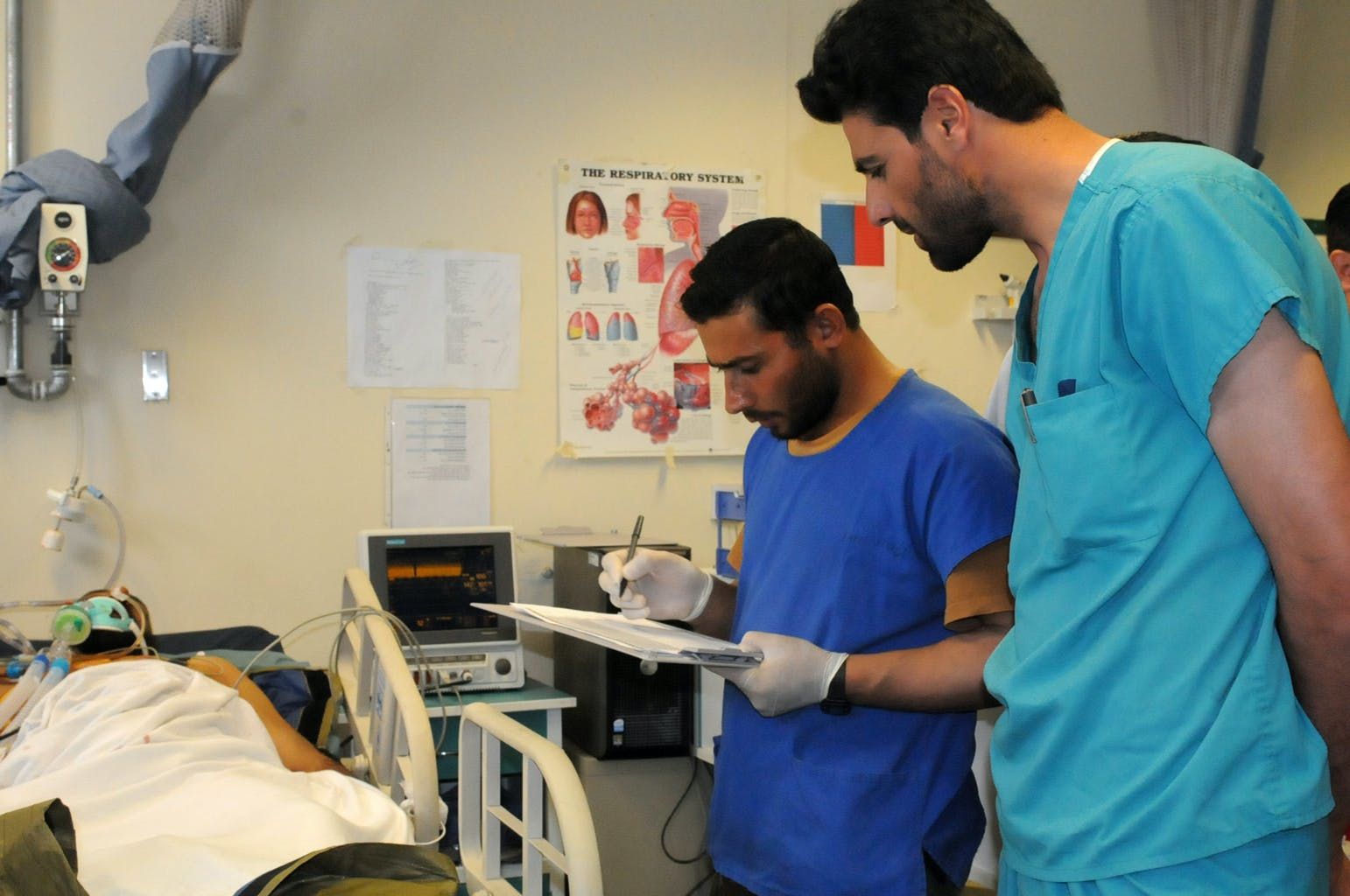A majority of doctors would approve medical marijuana use, according to
a
survey
published in the [New England Journal of
Medicine](https://www.nejm.org/doi/full/10.1056/NEJMclde1305159# t=article)
in May 2013. In an interactive feature in which readers were given a
hypothetical
[case](https://www.nejm.org/doi/full/10.1056/NEJMclde1300970# t=cldeOpt1)
study about a 68-year-old woman with metastatic breast cancer and asked
to vote on the use of marijuana as a treatment for her symptoms, 76
percent of doctors voted in favor of medical marijuana use, even though
it is illegal in most countries.
Experts Speak Out On Medical Marijuana
To frame the issue, researchers invited experts to present opposing
viewpoints about the use of marijuana, or cannabis, as medicine. J.
Michael Bostwick, M.D., a professor of psychiatry at Mayo Clinic,
Minnesota, recommended the medicinal use of marijuana while Gary M.
Reisfield, M.D., an assistant professor and chief of pain management
services in the Department of Psychiatry at the University of Florida
College of Medicine, and Robert L. DuPont, M.D., a clinical professor of
psychiatry at Georgetown University School of Medicine, provided a
counterpoint.
Doctors Support Medical Marijuana Use
A total of 1446 doctors from 72 countries cast their votes in the poll.
Despite the global participation, most votes (1063) came from within
North America, with doctors from 56 states and provinces expressing
their opinions. In addition, 118 doctors posted comments on the issue.
Doctors who said they would prescribe marijuana emphasized the
responsibility of healthcare providers to help minimize their patients’
suffering, the importance of considering patients’ personal preferences
and the dangers of prescription painkillers and narcotics. They also
cited cases where marijuana was able to help patients.
Marijuana Shows Promise As a Medicine
Many of the chemical compounds, or cannabinoids, found in the marijuana plant
are believed to contribute to marijuana’s health benefits. However,
tetrahydrocannabinol (THC) and cannabidiol (CBD) are of the greatest
interest to researchers. THC increases appetite and reduces nausea. Two
THC-based
medications
have received Food and Drug Administration (FDA) approval for the
treatment of nausea in people undergoing cancer chemotherapy and loss of
appetite in people with wasting syndrome due to acquired immune
deficiency syndrome (AIDS). It may also decrease pain and inflammation,
and control muscle spasms. CBD may be useful in reducing pain and
inflammation, reducing epileptic seizures, and treating mental
illnesses.
Support Grows For Medical Marijuana Legalization
The FDA has yet to approve marijuana as a medicine, citing insufficient
evidence of its benefits. In spite of this, 23
states
and Washington, D.C., have passed laws allowing people to obtain and use
marijuana with a doctor’s prescription. If medical marijuana were to be
legalized nationally, it could deliver real benefits to patients whose
needs are not being met by current treatments.



